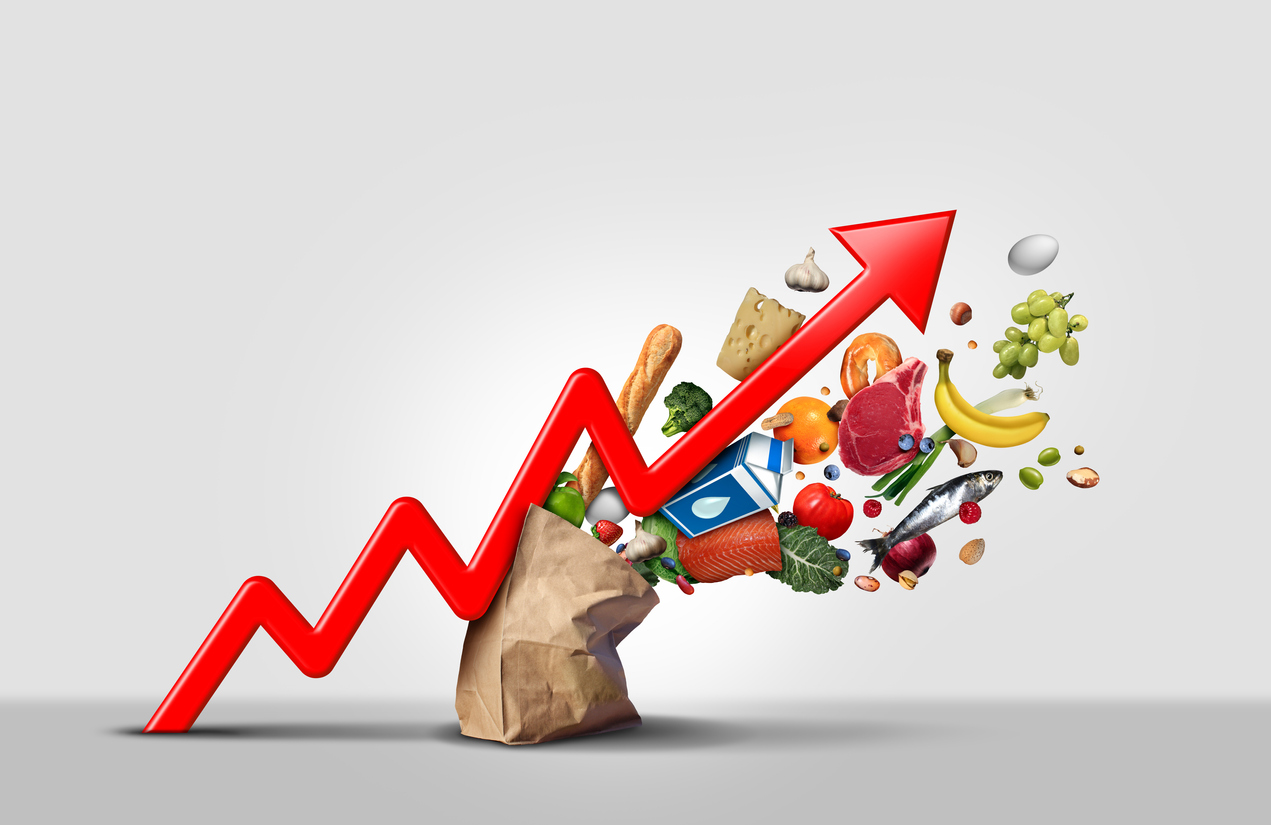
Food costs are driving inflation in the UK, with prices for items such as olive oil, sugar, and low-fat milk all experiencing surges.
Grocery prices have risen by 16.7% in the year to January, making it challenging for retailers to keep costs down. Inflation is currently at a 45-year high, but it fell slightly in January to 10.1%, with decreases in fuel and dining-out costs being the main contributing factors. Despite this, many analysts predict that inflation will continue to be a concern, especially as it remains five times higher than the Bank of England's target of 2%.
The cost of living is impacting everyone, as seen in the 50% increase in incoming enquiries year on year. Our advisors have reported a significant rise in individuals presenting gas and electricity arrears, with a 46.7% and 43.8% increase, respectively, compared to last January. We encourage anyone struggling to keep up with bills to contact Debt Free Advice for free and impartial support - our team is available 8am-8pm, 7 days a week
Although the government has pledged to halve inflation, many economists believe it will happen naturally as the cost of energy falls. In the meantime, wages are not keeping up, with regular pay falling by 2.5% when adjusted for inflation. Chancellor Jeremy Hunt has warned that the "fight is far from over" on rising prices and that the government must stick to its plan to reduce inflation, debt and grow the economy.
Despite the fall in inflation in January, Samuel Tombs, Chief UK Economist at Pantheon Macroeconomics, believes the Bank of England should maintain its interest rate at 4%, rather than increasing it again. Raising interest rates can help to control inflation by making borrowing money more expensive, but it can also discourage spending and savings. It is a balancing act as the Bank does not want to slow the economy too much, with predictions that the UK could enter a recession this year.


